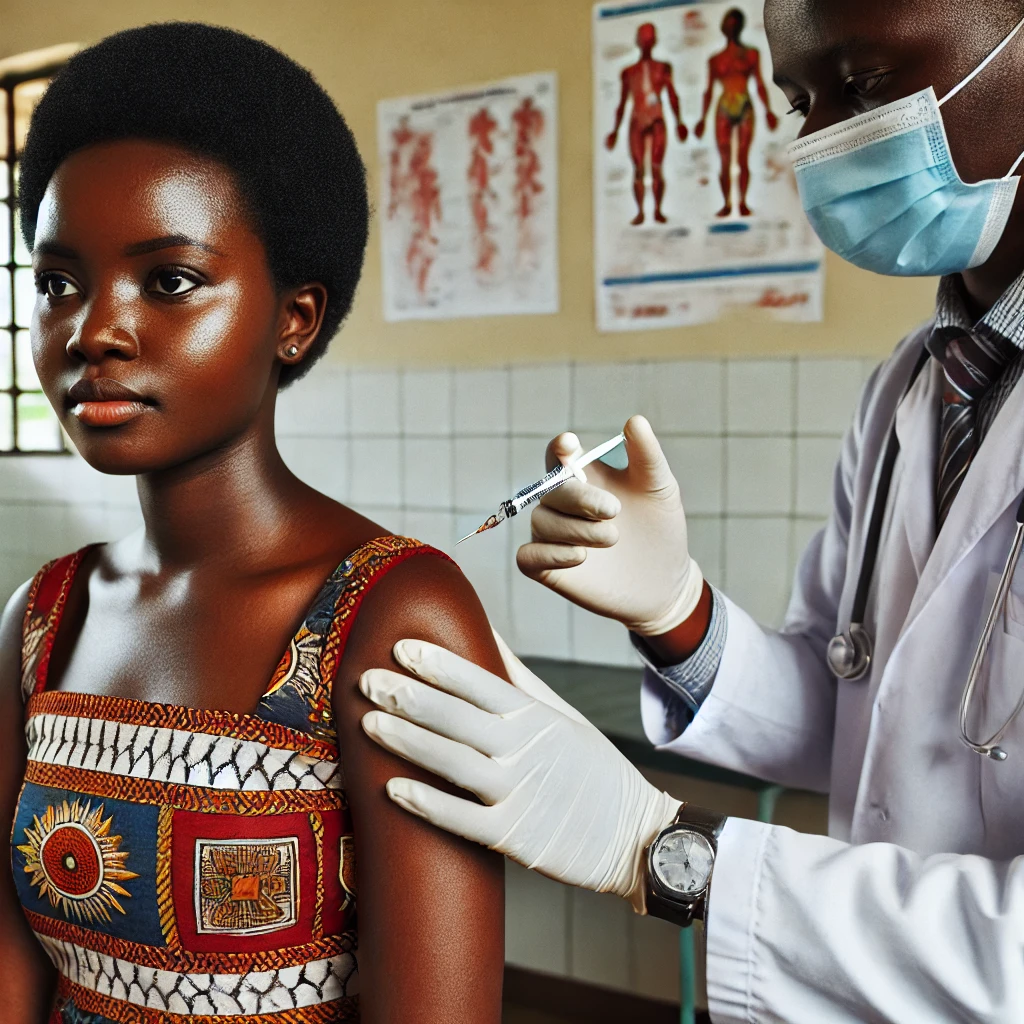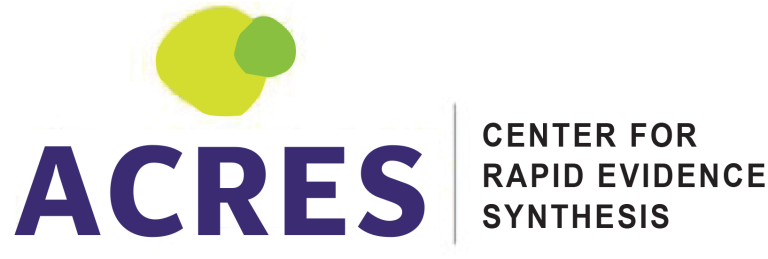Driving change and supporting HPV screening through a Rapid Response Service

The Uganda Ministry of Health actively monitors Human Papillomavirus (HPV) infection rates in the country through screening the most vulnerable populations. Through a decentralized healthcare system, the districts are expected to implement the ministerial policies on HPV screening. In Mukono district, the District Health Team (DHT) focused on screening for HPV among HIV-positive women attending the HIV clinics at different health facilities and decided through internal conversations to focus on two interventions: sensitization of women about the importance of HPV screening at the HIV clinic visits, and use of sample self-collection. The option of sample self-collection kits allows women to collect samples at their convenience and return them during their subsequent clinic visits, an approach intended to address the discomfort and uneasiness associated with sample collection by healthcare providers. However, despite these interventions, the uptake of HPV screening services in Mukono District remains low, with only an estimated 44% of women attending HIV clinics participating in the screening. This challenge is not unique to Mukono District but is prevalent across the country.
To address this issue, the Mukono Assistant District Health Officer (ADHO) reached out to the Center for Rapid Evidence Synthesis (ACRES), requesting evidence on various researched and implemented interventions to inform the development of a tailored solution for Mukono District.
ACRES responded to a Rapid Response question and created a brief: How can HPV screening rates be increased among women attending HIV clinics in Mukono District?
ACRES considered the best available evidence in terms of quality and quantity and identified various interventions to increase the uptake of HPV – screening among women first starting with lower- and middle-income country (LMIC) contexts and then expanding globally. All interventions aimed at achieving a behavioral change in women in three ways: a)through either imparting knowledge about the importance of the screening or b) reminding them about the importance of screening or c) making the process as convenient as possible for the women. The identified interventions included:
- Invitation letters
- Reminder letters
- Phone reminders
- Physician reminders
- HPV self-sampling
- Education
- Counselling
- Media campaigns
- A combination of any number of the above interventions
Policymakers gained new insights and information from the Rapid Response Brief, enhancing their understanding of the issue and potential solutions. The forum discussed the different options in the RRB and opted to trial with one of the identified strategies; the use of letter reminders to the women that come to the HIV clinic. The letter reminders are personalized to the recipient and written by a doctor or medical officer at the HIV clinic reminding the lady of the importance of HPV screening and requesting them to schedule an appointment for the screening. The local governments are currently designing the implementation guidelines of this strategy and planning for its logistical needs for a successful implementation.
Mechanisms in play
Using evidence from the briefs, the district has made decisions informed by the best available evidence which has enabled them to make notable achievements in service provision, which can either be directly or indirectly attributed to ACRES’s support in the policy processes.
The policymaker’s willingness to present the Brief at the District Health Officers’ Forum and the Forum’s discussion of the options indicates a shift in attitude towards the systematic use of evidence to inform policies and decisions, as well as the result of the trust built over the years of engagement with ACRES and their RRS.
Over the past five years, ACRES has cultivated a strong, trusting partnership with the Mukono District Health Team (DHT). Through this collaboration, we have provided timely and insightful responses to over 15 critical questions posed by both the DHT and the district council, addressing key policy and service delivery challenges. The ACRES’ team has built this relationship by being responsive to the needs of the DHT. In addition, they targeted working on building the case for evidence use with the ADHO rather than the DHO, as DHOs get transferred more often. Building on this foundation of trust, the DHT has come to rely on ACRES’s Rapid Response Service (RRS) whenever a complex decision that needs evidence is to be made.
The evidence from the brief shared with the broader DHO forum, has provided ACRES with a starting point to expand to other districts where we had not established any relationships, with the possible collaborations starting from a trust point as the districts have witnessed the potential impact of our work.
Reflection and learning: planned next steps
- With LEEPS’ support for evidence use in three strategic SDGs, ACRES expanded EIDM engagements at the subnational level and developed this brief. Thanks to LEEPS, we can now plan the next steps, including policymaker engagements and expanding EIDM services beyond our initial catchment area. We will pilot new strategies, such as a webinar series featuring policymakers we’ve supported with evidence, and assess its impact under the LEEPS project.
- Collaborate with Mukono District to finalize the intervention design and monitor its implementation, assessing the intervention’s impact and effectiveness.
- Organize a webinar where Mukono DHT presents about the use of the evidence we presented and how this impacted the challenge they were addressing
- Building on the platform offered by the brief being shared at the DHO forum, organize a sensitization workshop to reach out to more districts we haven’t worked with to extend the service to more local governments
This Rapid Response Brief details the response to the policymaker’s question.
Details: https://acres.or.ug/download/interventions-to-improve-hpv-screening-rates-in-mukono-district/


